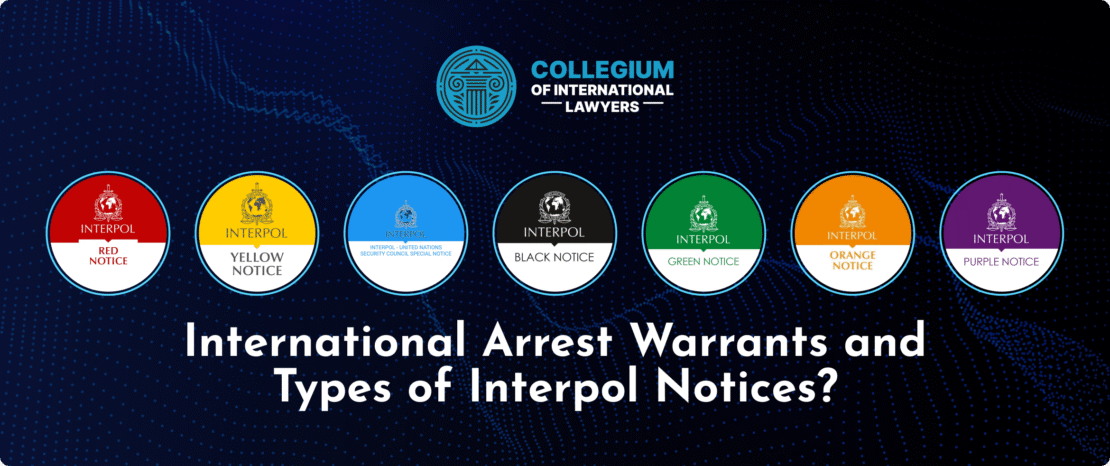
Transforming Legal Practices: The Rise of Legal Tech Solutions
In recent years, the legal industry has witnessed a significant transformation driven by the advent of legal tech solutions software for law firms and various technological innovations. These legal tech solutions have not only streamlined processes but have also redefined how legal professionals interact with their clients, manage cases, and maintain records. As traditional practices struggle to keep up with the rapid pace of change, legal tech is paving the way for a more efficient, transparent, and accessible legal system.
The Emergence of Legal Tech Solutions
The term “legal tech” encompasses a wide range of software and services designed to support law firms and other legal professionals in their day-to-day operations. The emergence of legal tech can be attributed to several factors, including the increasing demand for efficiency, the need for cost-effective solutions, and the pressure to stay competitive in a rapidly evolving marketplace.
Legal tech solutions include practice management software, document automation tools, e-discovery platforms, and client relationship management (CRM) systems. These technologies address various aspects of legal work, from billing and invoicing to case management, enabling lawyers to focus more on substantive legal issues rather than administrative tasks.
Streamlining Operations with Practice Management Software
One of the most impactful legal tech solutions is practice management software. This type of software facilitates the organization and management of a law firm’s operations, including case tracking, time and billing, task management, and communication among team members.
Law firms that adopt practice management systems often see significant improvements in their operational efficiency. By automating routine tasks and providing a centralized platform for collaboration, these systems free up lawyers’ time, allowing them to concentrate on providing high-quality legal services. Additionally, practice management software can enhance client satisfaction, as it provides an intuitive interface for clients to track their cases and communicate with their attorneys.
Document Automation: Reducing Time and Errors
Another crucial component of legal tech is document automation. This technology allows law firms to generate legal documents efficiently using pre-approved templates and data inputs. By streamlining the document creation process, legal professionals can minimize the risk of errors, ensure compliance with legal standards, and save valuable time.
The ability to quickly produce customized legal documents also enhances client service. Clients benefit from timely responses and reduced waiting times, improving their overall experience with the law firm. Furthermore, the integration of document automation with other systems, such as practice management software, can create a seamless workflow that maximizes efficiency.
E-Discovery: Navigating the Digital Age
E-discovery tools have become indispensable in today’s digital environment, where vast volumes of electronic data must be analyzed during litigation. These solutions enable law firms to efficiently search, collect, and review electronic documents, such as emails, social media posts, and digital files, in compliance with legal requirements.
By utilizing advanced search algorithms and artificial intelligence, e-discovery platforms can help legal teams identify relevant information more quickly and accurately. This not only speeds up the discovery process but also reduces costs associated with traditional manual review methods. As a result, legal professionals can provide better service for clients while managing workloads more effectively.

Client Relationship Management: Enhancing Engagement
Effective communication and relationship management are key components of any successful law practice. Client relationship management (CRM) systems tailored for legal professionals are designed to help firms manage client interactions, track leads, and maintain relationships with existing clients.
These platforms offer features such as contact management, communication tracking, and pipeline management, enabling lawyers to maintain a personal connection with their clients. By consolidating client information in one place, CRM systems ensure that legal professionals can deliver personalized services, leading to increased client loyalty and satisfaction.
Data Analytics in Legal Practices
In the age of big data, legal tech solutions also incorporate analytics tools that enable law firms to make data-driven decisions. By analyzing trends and patterns in case outcomes, billing practices, and client behavior, legal professionals can identify areas for improvement and optimize their strategies.
For instance, data analytics can provide insights into the types of cases that generate the most profit or highlight inefficiencies in case handling. By leveraging these insights, law firms can enhance their competitive advantage and pursue growth opportunities more effectively.
Challenges and Considerations
While the benefits of legal tech are undeniable, there are challenges that law firms must navigate when adopting new technologies. One significant concern is ensuring data security and compliance with regulations such as the General Data Protection Regulation (GDPR).
Law firms must ensure that any legal tech solutions they implement prioritize security and data protection to maintain client confidentiality. Additionally, the integration of new technologies may require training and a cultural shift within the firm, which can be met with resistance from staff accustomed to traditional practices.
The Future of Legal Tech
The future of legal tech is bright, with continuous advancements in artificial intelligence, machine learning, and automation reshaping the landscape. As these technologies evolve, law firms will have even more opportunities to enhance their efficiency, improve client service, and adapt to changing market demands.
Legal tech is not just a trend; it represents a fundamental shift in how legal services are delivered. By embracing these solutions, law firms can position themselves for success in a competitive marketplace while better serving the needs of their clients.
Conclusion
In conclusion, legal tech solutions are revolutionizing the legal industry by streamlining operations, enhancing communication, and optimizing workflows. As law firms increasingly adopt these technologies, they can expect to see improved efficiency, reduced costs, and better client relationships. The future of legal practice is being shaped by technology, and those who embrace it will be better equipped to thrive in an ever-evolving landscape.